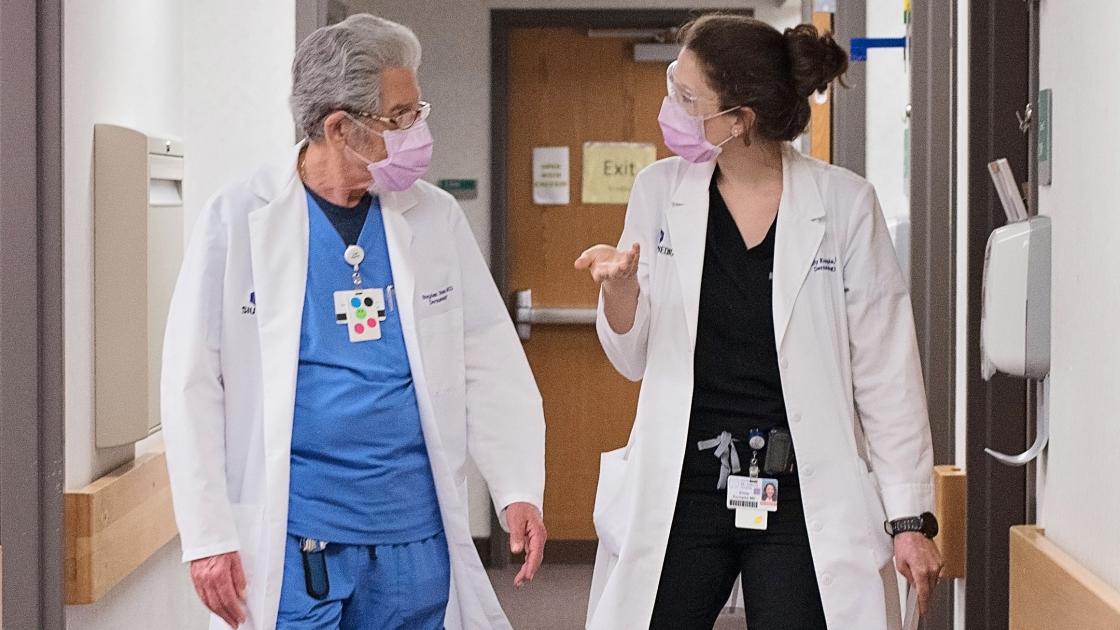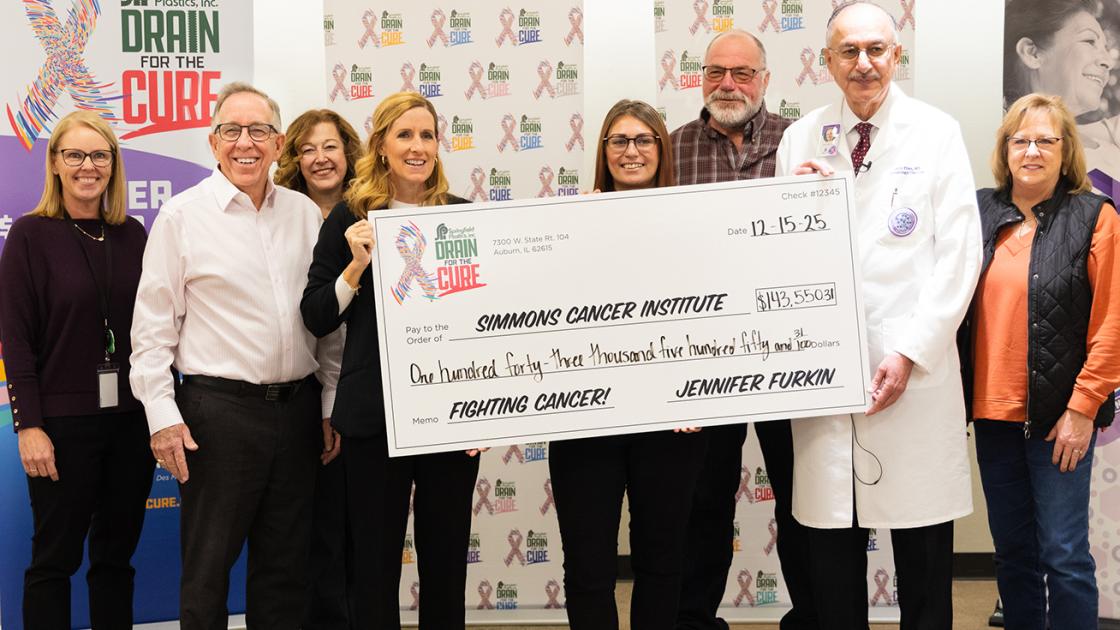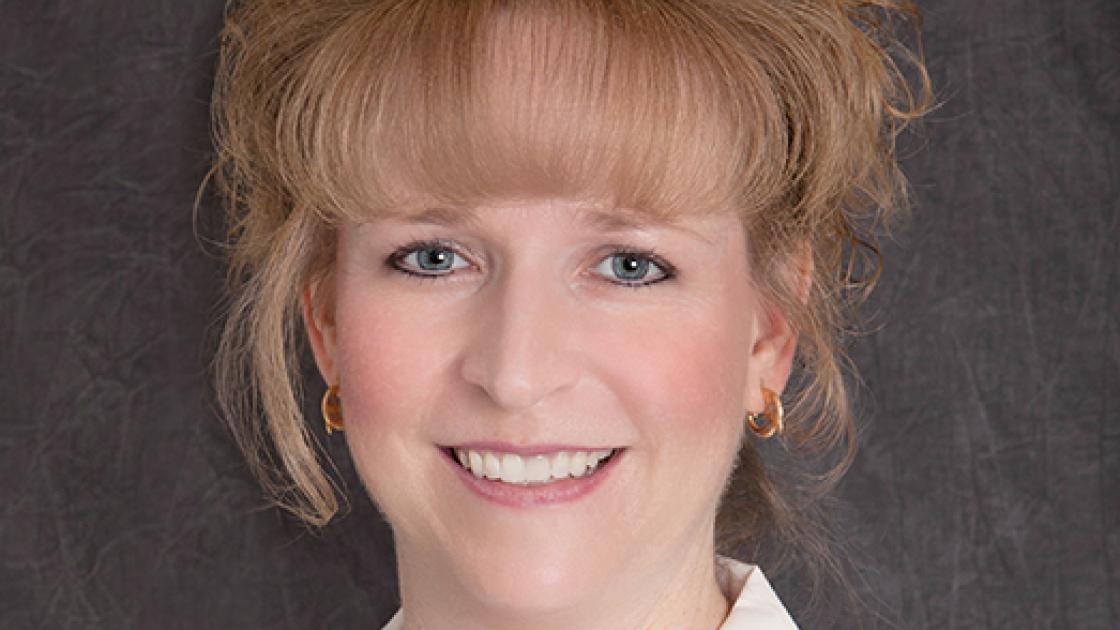
Dermatology Residency Program Director Consensus Statement and Recommendations Regarding the 2020-2021 Application Cycle
The COVID-19 pandemic has caused significant disruptions to medical education across the country. We understand that students' anxiety about the upcoming application cycle has been heightened given the uncertainty surrounding COVID-19 related changes to curriculum and scheduling and how this will affect the residency application process.
As dermatology residency program directors, we would like to address principal areas of the residency application process to hopefully lessen students' concerns regarding the upcoming cycle and offer updated recommendations to dermatology programs and students. These recommendations are consistent with recent guidance provided by The Coalition for Physician Accountability’s Work Group on Medical Students in the Class of 2021 Moving Across Institutions for Post Graduate Training.
Our goals in providing these recommendations are the following:
- Encourage a consistent approach to residency recruitment across dermatology programs.
- Advocate for equity in the recruitment process, particularly given the unequal burden of COVID-19 on certain populations and in certain geographic areas.
- Decrease the application burden on students and programs.
- Minimize health risks for all parties during the COVID-19 pandemic crisis.
Recommendations to Programs
- Away rotations
- We discourage programs from offering in-person away rotations this cycle, except in rare circumstances.
- If in-person away rotations are offered, we recommend that they are limited to students without a home dermatology program, and that such opportunities be offered locoregionally to the extent possible.
- Individual programs may consider offering virtual away rotations or experiences for interested students, but these are not required for application or for interviewing.
- Application review
- We understand the challenges in reviewing applications given this cycle’s compressed timeline, but maintain our support for holistic review of applications, particularly given the unique and unequal impacts of the COVID-19 pandemic on research, clinical, volunteer, and other extracurricular experiences.
- We recommend against the use of Step 2 CK or CS as mandatory elements of the application process or for offers of interviews, particularly given the recent NBME announcement that Step 2 CS administration will be suspended for the next 12-18 months.
- Programs may consider the use of a supplemental application to assist in holistic review of candidates.
- Letters of recommendation
- We recommend at least one letter of recommendation from a dermatology faculty member, but suggest that other letters from non-dermatology specialties be allowed and given equal weight, particularly for students without a home dermatology program.
- We recognize that committing to provide letters may be challenging during this time for many reasons (eg lack of exposure to the applicant or increased demands on faculty members’ time). Faculty members may consider writing letters of recommendation reflecting resident input and/or departmental support, or collaborating with colleagues for a joint letter.
- Interviews
- We recommend that all programs conduct virtual-only interviews for this application cycle for both internal and external candidates to ensure equity.
- We encourage full transparency in communicating interview dates as soon as feasible to prospective applicants via program websites or other methods of communication.
Recommendations to Students
- Away rotations
- We have discouraged dermatology programs from hosting visiting students for in-person electives. However, students without a home dermatology program are encouraged to contact programs in their geographic region to inquire about the possibility of an in-person educational opportunity as some programs will be able to make exceptions for such students.
- Medical students may consider participation in virtual away rotations or experiences at programs in which they have specific interest, however, virtual away rotations should not be perceived as required or necessary for matching into dermatology residency.
- Application process
- We understand that many research projects and volunteer experiences have been halted, delayed, or changed secondary to the COVID-19 pandemic. Efforts that students have put forth in these areas are valuable and will be taken into account by programs during application review regardless of outcome.
- Given that testing centers have delayed or canceled administration dates for USMLE Step 2 CK, and that the NBME has suspended Step 2 CS administration, we have encouraged programs to forego these tests as required elements of the application process this year. USMLE scores are only a minor component of one's application; students should not consider alternative application plans due to the absence of these scores alone. Please refer to individual program websites to determine whether Step 1 score cut-offs are used and/or whether Step 2 scores are recommended/required.
- We recommend at least one letter of recommendation from a dermatology faculty member but recognize that this may be difficult for students without a home dermatology program. We urge programs to review applications holistically and give equal weight to letters of recommendation from faculty in other specialties. Students should consider faculty with whom they have worked closely, regardless of the specialty.
- While programs strive to perform holistic review on all applications, this is more challenging when faced with increasing number of applications per available position.
- For US allopathic first-time applicants, we recommend applying to at most 40-60 programs. Applicants are encouraged to seek individualized advice from dermatology and medical school advisors to guide their decision regarding number of applications to submit. This advice should account for USMLE Step scores, clerkship grades, research, and extracurricular activities.
- Applicants can visit ApplySmart to review data available from the AAMC on dermatology residency applications and returns.
- Interviews
- We encourage all programs to conduct virtual interviews for all students.
- Given the potential increased flexibility and reduced costs associated with virtual interviews, we recommend that students regulate the number of interviews they accept. Data from NRMP show that the probability of matching plateaus at >95% after 12 contiguous ranks. Limiting the number of interviews a student accepts to 12-15 will allow more students opportunities to interview with programs that might constitute a better fit.
As dermatology residency program directors, we recognize that the COVID-19 pandemic has resulted in increased disparities in strength of applications due to lack of opportunity for students with smaller home programs or in areas more affected by this crisis, particularly as some students may additionally be struggling or have struggled with personal or family COVID-19 illness during this time.
In this time of great personal and professional stress, we hope that by addressing specific concerns, students will feel more comfortable approaching the process and maintaining their application plans, knowing that we will take into consideration the multitude of extrinsic factors affecting applications this year. Additionally, we hope that consistent practices among programs will allow for an improved application process for both students and programs this cycle and beyond.



